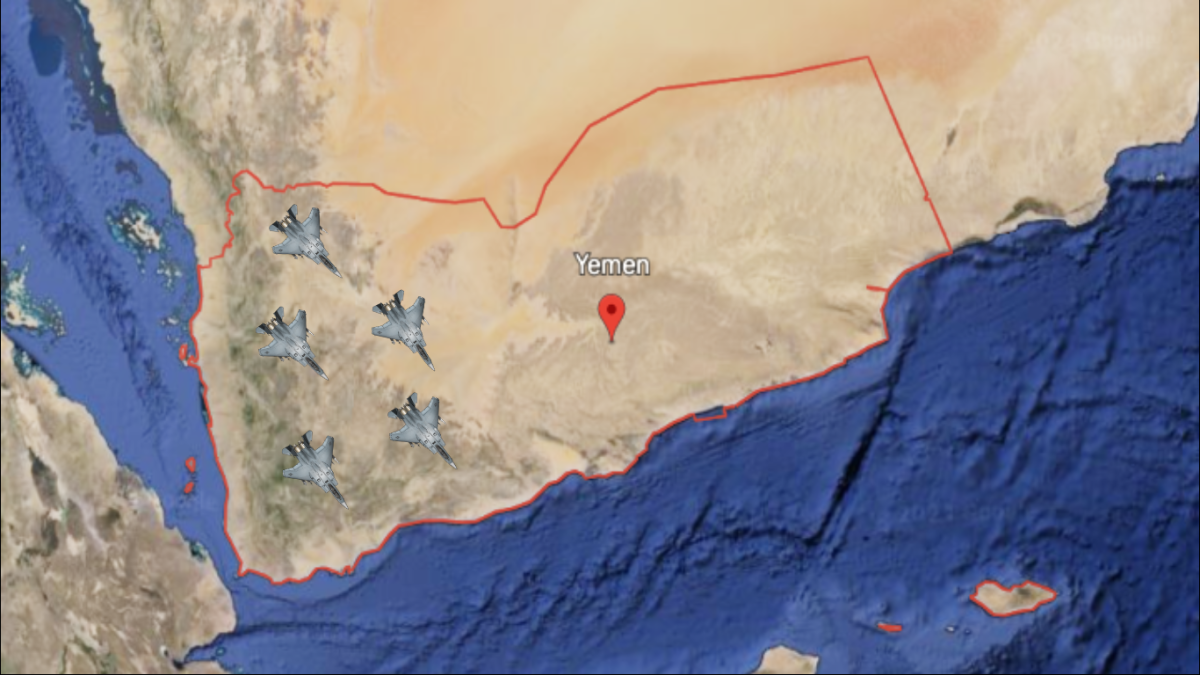The United States began to bomb Houthi targets in Yemen on Jan. 16. For months, a terrorist organization known as the Houthi have been attacking ships in the Red Sea, some of which belong to the U.S. and its allies. This has caused the U.S. and the U.K. to send warships, bombers, and submarines to the coast of Yemen and prompted the U.S. to begin bombing the Houthis.
The Houthis have been operating out of – and essentially controlling – Yemen for the past 10 years. The Houthis, who have been designated a terrorist organization by the U.S Department of State, claim they are doing this as a protest against the Israeli bombardment of Gaza, according to an article by Aljazeera. However, there might be other intentions for these attacks.
This makes the third terrorist group funded and supported by the Iranian government to strike in the Middle East. (The Palestinian group Hamas, which attacked Israel on Oct. 7 and is still engaged in that war, is also backed by Iran, as is Hezbollah, in Lebanon.) It seems that the region is getting more hostile and that countries may be gearing up for a larger conflict.
It has been unclear whether or not these attacks on the Houthis have been effective. When a reporter from The Guardian asked President Biden if the attacks in Yemen have been working, he said, “Working by stopping the Houthis, no. But they’re going to continue.”
With no sign of the Houthis stopping the attacks, the bombings doing little to nothing to deter them, more and more ships being damaged, and traffic slowing down in the Red Sea, one thing is abundantly clear: something needs to happen. The U.S. and U.K. will not stand for continued attacks on their and their allies’ ships, and this may cause some inflation and supply chain issues, so this issue could escalate further.
Maybe the bombing runs will get harsher and harsher. Maybe NATO will get involved. Maybe something else will happen. Whatever the answer is, serious issues may arise in the future.








